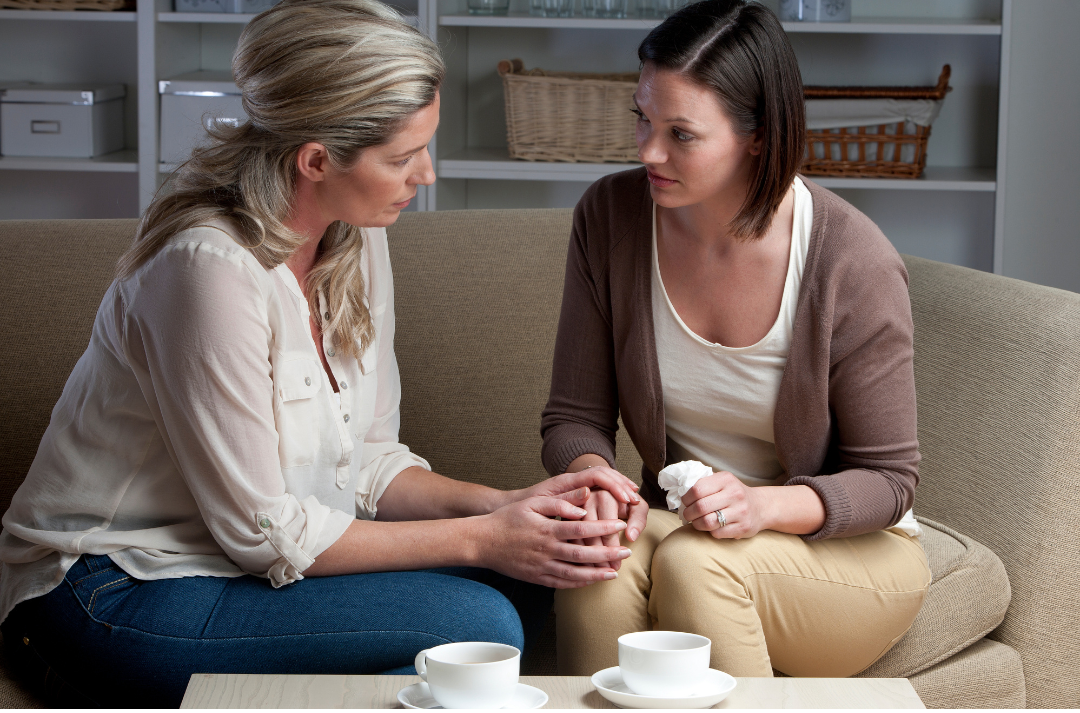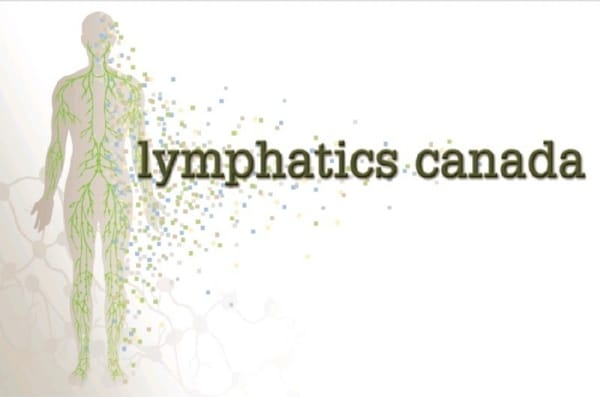Menopause & Grief

Grief is the normal and natural reaction to a loss of any kind.
Grief is also ALL the conflicting emotions caused by the end of, or change in, a familiar pattern of behaviour.
When we take these two definitions into account, what time of life has more shifts, changes and possible endings than when we move through menopause?
When we transition through menopause, our body and identity can shift in ways that feel like loss on many levels. There's the physical experience of hormonal changes—hot flashes, mood swings, fatigue—but beneath that, there's often an emotional undercurrent tied to grief. It could stem from several things:
Identity and Purpose
During menopause, women can find themselves reflecting on their sense of self and their role in the world. For years, your identity may have been tied to caregiving, professional roles, or societal expectations. Menopause can challenge how we define ourselves and asks, “Who are you beyond what you do for others?”
This can feel like a loss of certainty or stability:
- For mothers, the transition may highlight how much of their identity was tied to raising children. The “empty nest” can create a void that prompts questions about purpose and fulfillment.
- For career-driven women, the demands of menopause—fatigue, brain fog, or physical discomfort—can feel like a threat to their professional identity, especially in a culture that often prizes youth and stamina in the workplace.
- You may grieve the version of yourself that was more vibrant or “unstoppable” in earlier stages of life, leading to feelings of restlessness or self-doubt.
Yet, this phase can also be an opportunity to rediscover passions, talents, and dreams that may have been buried under the responsibilities of earlier years. It can be a time to embrace your authenticity, step into your personal power, and redefine purpose on your own terms.
Life Transitions
Menopause rarely happens in isolation—it often coincides with other significant life changes that amplify feelings of grief and loss. Like a 'perfect storm' these transitions can pile on top of each other compounding a sense of grief and overwhelm that feels hard to unpack.
- Empty Nest Syndrome: When children leave home, many women feel a profound shift in their daily lives and relationships. The house may feel quieter, routines change, and the absence of that caregiving role can feel disorienting.
- Aging Parents: Many women are sandwiched between caring for elderly parents while also adjusting to their own life changes, leading to emotional and physical exhaustion. Watching parents age and supporting them with their illnesses, can create anticipatory grief. Unresolved feelings from our life-long relationship with them can also arise during this time.
- Career and Retirement: For women changing roles or nearing retirement, there can be grief over leaving behind a professional identity that once felt central to their sense of self. Alternatively, women may feel stuck, unfulfilled, or overwhelmed in their work, compounding feelings of restlessness.
- Separation and Divorce: For many women, menopause aligns with shifts in long-term relationships. Divorce or separation during this time can feel especially overwhelming because it adds a great deal of change and loss on emotional, financial, family and social levels.
Unresolved Grief
Menopause can unearth grief that’s been tucked away for years, even decades. Hormonal changes lower our emotional defences, making it harder to suppress or ignore past losses. Common examples include:
- Pregnancy loss or infertility: A miscarriage or struggles with infertility, even if experienced long ago, may resurface as the possibility of bearing children comes to an end.
- Unfulfilled dreams: Hopes, expectations or goals that were set aside for family or career may come into sharper focus, creating a sense of regret or longing.
- Trauma or childhood loss: Old wounds—such as the death of a parent or a difficult upbringing—may reappear, asking for acknowledgment and healing.
Societal Messaging
The cultural attitudes around aging can create an invisible but heavy burden for women in menopause. Society often portrays this phase as a decline, which may amplify feelings of inadequacy or invisibility.
- Appearance: Women are bombarded with messages that beauty is synonymous with youth. Wrinkles, grey hair, or weight gain are often stigmatized, leading to self-doubt.
- Desirability: Menopause challenges societal narratives that equate desirability with fertility, making some women feel less valued in relationships or the dating world.
- Productivity: Women in menopause may feel pressure to “power through” their symptoms at work, despite fatigue or brain fog, in environments that often equate worth with output.

How To Process These Emotions
Women may hide their struggles, believing they need to “keep it together” rather than seek support. Being able to share your emotional truth opens the door to self-compassion, acceptance, and empowerment. Here are a few recommendations to help you navigate grief during menopause:
Acknowledge Your Grief
Give yourself permission to feel. Grief isn’t limited to the loss of a loved one—it’s also the loss of identity, roles, or dreams. Naming these losses is the first step toward healing.
Seek Support
Whether through close friends, a therapist, grief recovery expert, or a supportive community like PHAM, sharing your emotions with a trusted person helps you feel seen, heard, and validated.
Practice Self-Compassion
Be gentle with yourself during this time. Your body and mind are undergoing a profound transformation. Rest, nurture yourself, and focus on what you can do rather than what you’ve lost.
Reframe This Chapter
Menopause is a transition, not an ending. Consider using this time to reconnect with your passions, try new things, and explore parts of yourself that were put on hold.
Complimentary Methods
Structured methods like the Grief Recovery Method offer practical steps for processing unresolved emotions, while Reiki provides a calming, supportive space to release tension and connect with your inner self.
Menopause is a normal and natural time of transformation—a shedding of old identities to make space for something new. By addressing grief, women can emerge from this phase with clarity, confidence, and a renewed sense of purpose. It’s about saying goodbye to one phase of your life while discovering the next, and embracing who you want to be.




